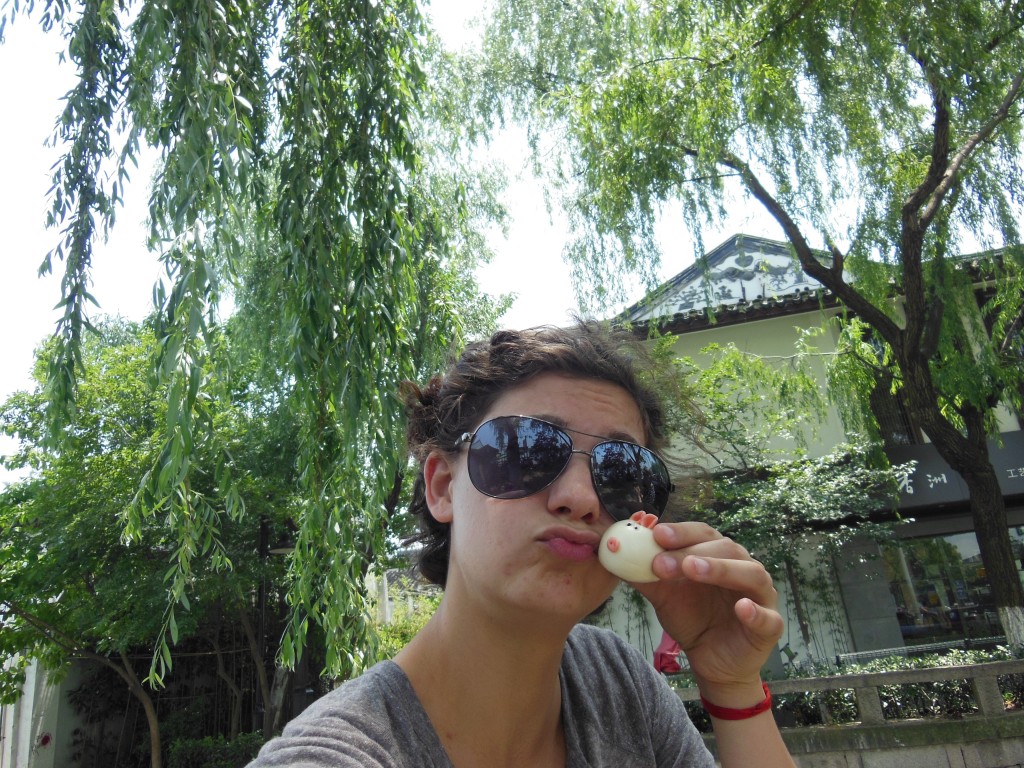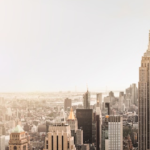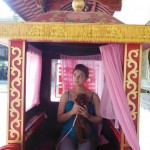Witnessing an Accident Abroad


“That guy just hit two pedestrians. And then he drove away.” The man we spoke to was obviously shaken up by the accident, although he wasn’t hit or physically hurt in any way. I called 911 and they told me they were already on their way. I guess many people had called to tell them about what had happened. We walked over to where the two victims were lying on the street, their groceries strewn about them. Red blood oozed from their heads, visible from across the street where we were standing.
Soon after we arrived, the fire truck and ambulances came. They quickly loaded the two victims into vans and left, and the gaping crowd dispersed. Some people were visibly upset, and I saw one or two people crying as they walked away. Two blocks up ahead, the driver had finally pulled over after swerving and speeding from the scene. His car was now surrounded by police.
There was nothing else to see or do, so we continued on our way to the beach, this time more somber than before. The commotion of the accident triggered a memory of a similar accident I saw in Hangzhou, China a few months ago. At that accident, the driver had also been swerving and speeding (although that’s how most people drive in big-city China) and hit a mother and her child head-on. The mother, riding her bike with the small boy in a seat behind, were not wearing helmets, but were otherwise obeying traffic laws. The driver sped through a right hand turn without pausing to look for other cars, bikers, or pedestrians. He hit the biking mother, literally sending her and her young son flying from their bike until the hard pavement broke their fall.
What was most striking to me about the accident in China, and the many traffic accidents I saw in China, was that nobody else stopped. Nobody else called the traffic police or the ambulance, even if somebody did get hurt. Perhaps the densely clogged traffic could be reason, because the ambulance couldn’t get through! But why else would people just drive by when a mom and her son were thrown off their bike? In this particular accident, the driver did stop. I was surprised to hear my Chinese friend, who was sitting next to me on the bus say, “Wow, that was so nice of him to stop and get out to talk to them.”
Really? Why isn’t it assumed that when you hit someone with your car, you stop and get out? At first, I wanted to explain the difference between these two accidents in terms of cultural differences. In the US, we have a strong sense of civil society. Most people in the US consider themselves, to some extent, members of a public to which they have some responsibility. Yet, Chinese society has traditionally been based on family ties, not civil society. So perhaps this deeply-rooted cultural difference can help to explain the difference in people’s reactions to traffic accidents.
Yet this explanation does not seem to fit completely. Even as I am recalling this beach-day accident, with these two men sprawled on the pavement and in their own blood, groceries strewn about them, another friend told me some disheartening news. In the past few weeks, she has called in two accidents to 911 and was told that she was the first to call. It seems there are no easy explanations based on visible cultural differences.
What makes us drive past an accident without looking back? And what makes us stop and stare? Before the ambulances arrive, when we are just a crowd of useless onlookers, why do we join the crowd? I hope that someone would stop to help me if I was hurt, or being attacked. As women travelers, we face two kinds of vulnerability: that of our gender and that of being out of our home culture. I am honestly not sure if anyone would stop to help me in China or the US if I was the victim of violence, whether from a car or a person.
In the hyper-economized China like you see in Hangzhou, people are very focused on surviving and getting ahead. You might be on your way to work, where you compete with thousands of others for a slight advantage. You might be supporting your parents, your child, and your four grandparents. So you might really not have time to stop and stare at the accident, or even call someone to tell them it happened.
In the US, we like to stare. Especially on a busy street on a beautiful day perfect for going to the beach. Sometimes we are in a rush, and sometimes we are supporting our parents and our children. I keep hoping that we will find something between gawking at blood on the sidewalk and driving by, pretending not to notice. I keep hoping that we can figure out how to take care of ourselves and strangers, too. I know it’s not realistic, but that’s what travelling does sometimes; it makes you hope for the best in people.








